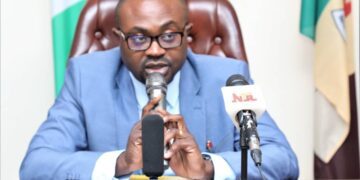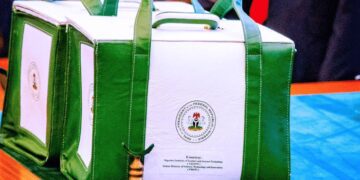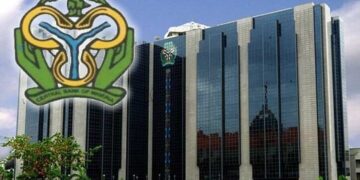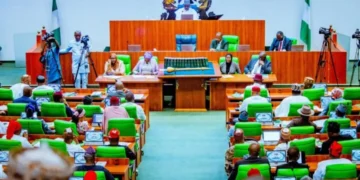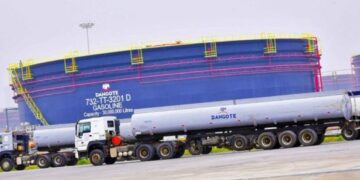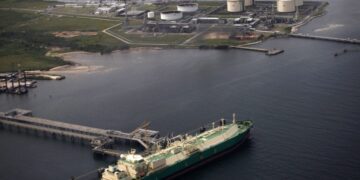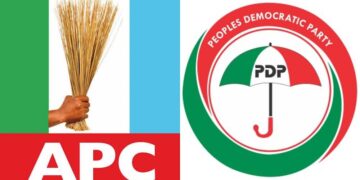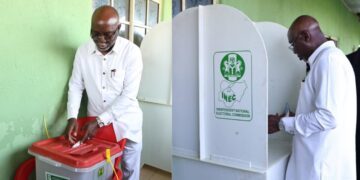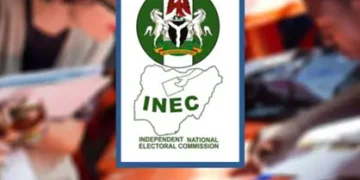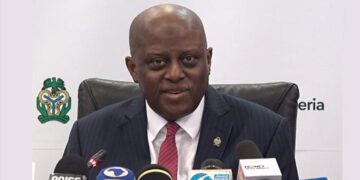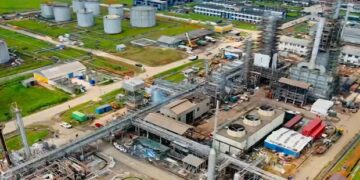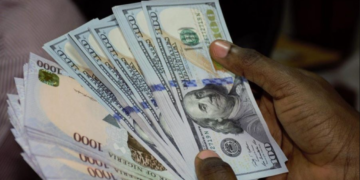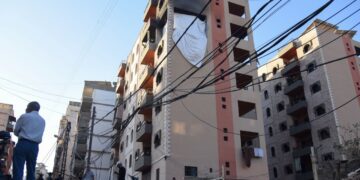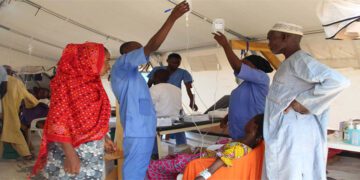On Wednesday, the Organisation of Petroleum Exporting Countries (OPEC) said Nigeria’s oil output, excluding condensate, was 1.434 million barrels per day, bpd, in October 2024.
This marks a significant difference from Federal Government’s output figure of 1.8 mbpd for October which includes condensate. Actual condensate output is in average of 250bpd indicating that crude oil output according to FG was about 1.55mbpd during the month.
But in its November 2024 Monthly Oil Market Report, MOMR, yesterday, OPEC maintained that the information was based on data obtained from secondary sources.
However, when data obtained from direct sources, were considered, OPEC put the nation’s output at 1.333 million bpd, excluding condensate in October 2024, indicating a marginal increase of 0.6 per cent, from 1.324 million bpd, recorded in September 2024.
But this also indicates about 226,000 bpd gap compared to FG’s figure.
However, OPEC said that Nigeria has continued to be the highest African producer with 1.434 million bpd output while Sudan emerged the least with 28,000 bpd.
OPEC maintained that increased oil production in Nigeria, Libya and Congo culminated in its higher output during the period.
Speaking in a related development, at the just-concluded Nigerian Association of Petroleum Explorationists, NAPE, the Executive Secretary, NCDMB, Engr. Felix Omatsola Ogbe, in a paper entitled “Resolving the Nigerian Energy Trilemma: Energy Security, Sustained Growth, and Affordability,” identified the “alarming scale of pipeline vandalism and theft of crude oil” as the biggest threats to Nigeria’s energy security, noting that major oil and gas projects are required as well as a robust security strategy based on mutually beneficial collaboration with host communities.
He said to achieve the above objectives, the Board has undertaken to work with stakeholders in the industry to dedicate one week in every calendar year to signing Final Investment Decisions (FIDs) on new projects, as prospective investors could be motivated to act expeditiously to meet agreed-upon deadlines and regulators are similarly encouraged.
Engr. Ogbe noted that FDIs would “catalyze new projects in the Nigerian oil and gas industry,” and that fruitful collaboration amongst stakeholders and NCDMB would actualize the intentions of the Presidential Directives rolled out in March 2024 by The Presidency, and thus “fast-track the contracting cycle and incentivize investments in our sector.”















